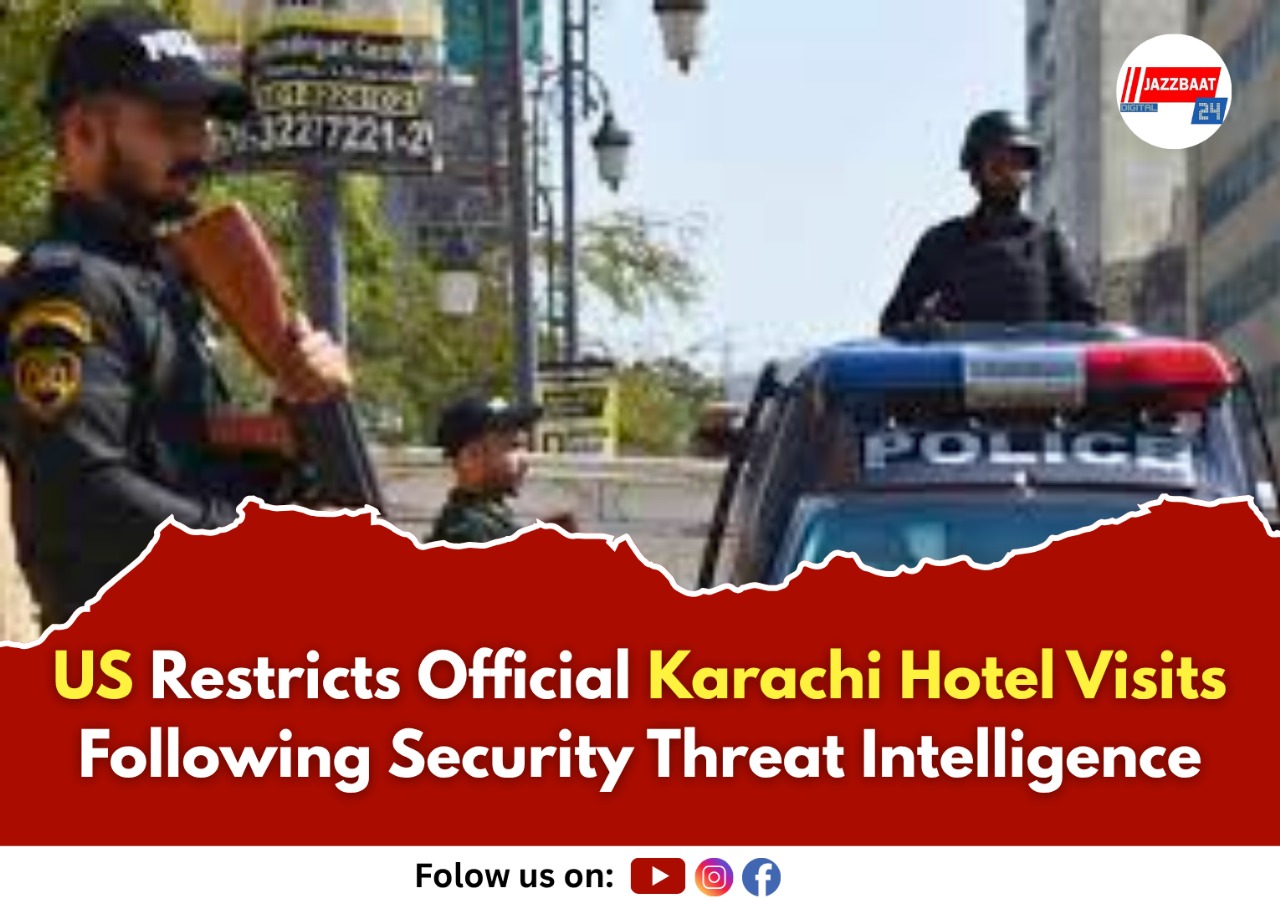
American diplomatic personnel barred from luxury establishments as State Department issues precautionary travel advisory
The United States has imposed temporary restrictions on government personnel visiting high-end hotels in Karachi, Pakistan's largest city, following intelligence reports of credible security threats targeting these establishments. The State Department announced the measures on Friday, marking the latest development in ongoing security concerns across Pakistan's commercial capital.
The US Consulate General in Karachi received specific threat intelligence directed at upscale hospitality venues throughout the city, prompting immediate protective measures for American diplomatic staff. This precautionary response reflects standard protocol when credible threats emerge against locations frequented by Western nationals and tourists.
"The U.S. Consulate General in Karachi has temporarily limited visits by official U.S. government personnel to these hotels," the State Department confirmed in its security alert. The restriction encompasses all luxury accommodation facilities within Karachi's metropolitan area, though specific hotel names were not disclosed for security reasons.
The advisory extends beyond diplomatic personnel, urging American citizens and Western nationals to exercise heightened vigilance when visiting crowded areas, tourist attractions, shopping centers, and restaurants. The guidance specifically recommends maintaining a low profile and remaining alert in locations commonly frequented by international visitors.
This latest security concern underscores Pakistan's challenging security landscape, particularly in urban centers like Karachi. The port city, which serves as Pakistan's economic hub and houses over 15 million residents, has historically faced various security challenges stemming from militant activities, sectarian tensions, and organized crime.
Pakistan currently operates under a Level 3 travel advisory from the US government, which recommends American citizens "reconsider travel" due to persistent terrorism risks and potential for armed conflict. This classification places Pakistan just one level below the State Department's highest "do not travel" warning, which applies to specific regions including Khyber Pakhtunkhwa province and areas near the Line of Control with India.
The restrictions represent standard diplomatic security procedures implemented globally when credible threats emerge. Similar measures have been enacted in various countries where American personnel face elevated risks, often targeting locations where Western expatriates and tourists congregate.
Security experts note that luxury hotels often become symbolic targets for militant groups seeking maximum media impact and potential foreign casualties. These establishments typically host international business travelers, diplomats, and tourists, making them attractive targets for organizations seeking to undermine government stability or foreign relations.
The timing of this alert coincides with broader regional security concerns as Pakistan continues battling various insurgent groups across its territory. Recent months have witnessed increased militant activity in several provinces, prompting enhanced security measures at government installations and diplomatic facilities.
For American citizens currently in Karachi or planning travel to the region, the State Department emphasizes the importance of registering with the nearest US consulate and maintaining updated emergency contact information. Travelers are advised to monitor local news developments and remain flexible with itineraries should security conditions deteriorate.
The consulate indicated that these restrictions will remain in effect pending further security assessments. Officials will continue monitoring the threat environment and may adjust protective measures based on evolving intelligence reports and local security conditions.
This development serves as a reminder of the complex security challenges facing international business operations and diplomatic missions throughout South Asia, where regional tensions and domestic insurgencies continue influencing foreign travel policies and commercial activities.